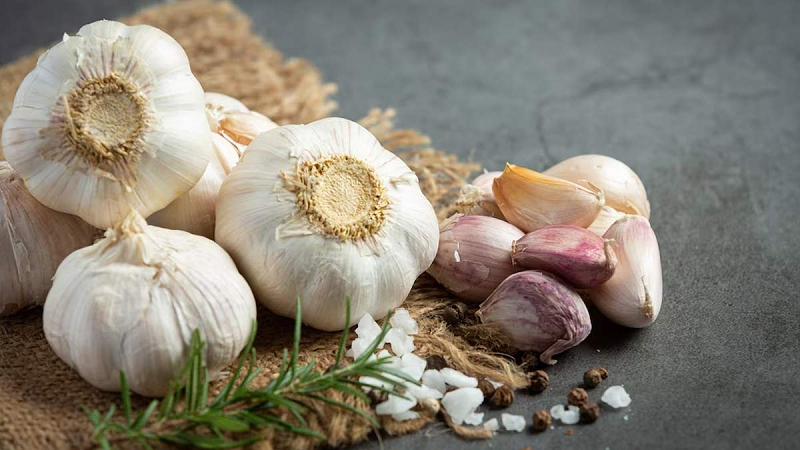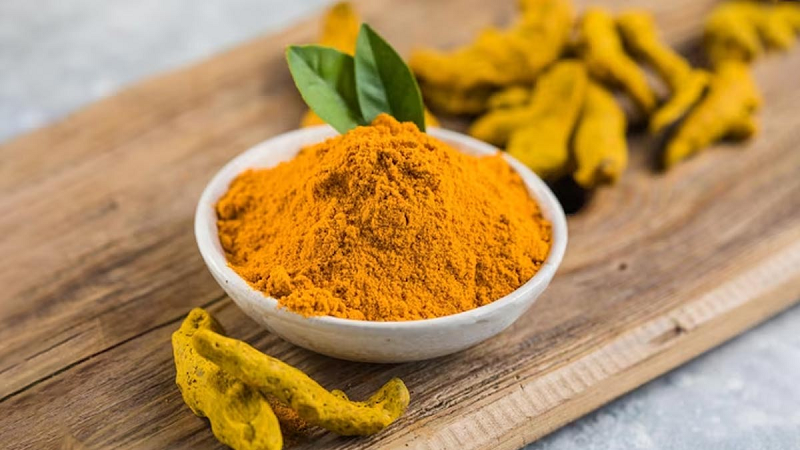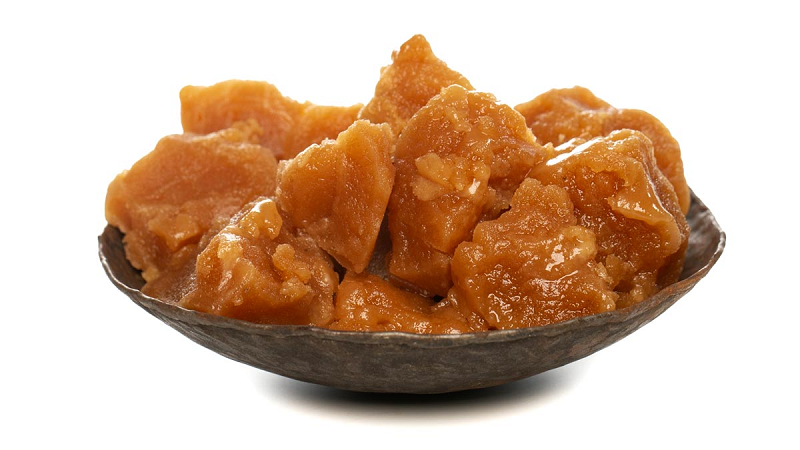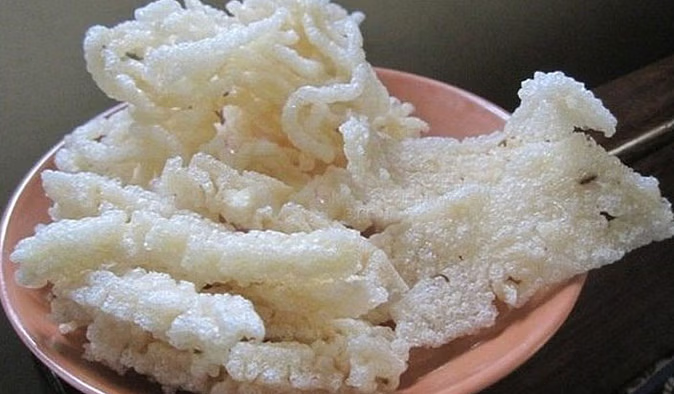The level of pollution in the capital Delhi and surrounding areas is increasing day by day. Only fog is visible in the sky. The air quality index has reached critical levels. This morning AQI has been recorded more than 400.
The poisonous air has made it difficult for people to breathe. People are having complaints related to breathing and eyes. Due to weak immunity, children and the elderly are most at risk.
Air Quality Index (AQI) According to Aqicn.org, the air quality index measured in Delhi, AnandVihar's AQI was 999 on the morning of November 3, while it was 469 in Noida's Sector 62 area. AQI was more than 500 at many places in Delhi.
Delhi Environment Minister Gopal Rai's statement on AQI
According to news agency ANI, given the increasing level of pollution, Delhi Environment Minister Gopal Rai has advised to strictly implement GRAP-3 on November 3. Earlier, Gopal Rai had announced on Wednesday (November 1) that the Delhi government will ban construction work in areas where the Air Quality Index (AQI) remains above 400 for 5 consecutive days. GRAP-3 has been implemented in Delhi-NCR. All schools have been closed and non-essential construction work and entry of diesel trucks banned.

Polluted air is harmful to the entire body including the lungs. To protect yourself from a polluted environment, you will have to wear a mask and try to stay indoors as much as possible. Along with this, the effect of air pollution can be reduced by including some Ayurvedic things in the diet. Pharmacist and health expert Siddharth S tells us about Ayurvedic foods that reduce the effects of air pollution. Kumar is telling.
Garlic
Garlic, present in almost every kitchen, not only enhances the taste of food but also maintains health. It protects the lungs from the harmful effects of toxins and air pollution. Garlic has high sulfur content, which detoxifies the body. Apart from this, it contains anti-biotic elements, which help in fighting pollution.
Method
- You can eat garlic in any form.
- Eat garlic clove on an empty stomach in the morning with water.
- Include it in your diet.
Celery
Whenever we have stomach aches, our elders advise us to eat celery. It is a panacea for stomach-related problems like gas, acidity and constipation. Apart from fibre, vitamins, and minerals, it contains anti-oxidant and anti-bacterial properties.
But, do you know that it is also good for lung health? This improves the flow of air in the lungs. Also, its anti-coughing effect relieves the phlegm accumulated in the chest.
Method
- You can eat celery by mixing it with vegetables, roti or paratha.
- You can also boil it with water and drink it like tea.
Turmeric

Apart from giving colour to vegetables, turmeric protects the body from many diseases. Also, turmeric, which is rich in medicinal properties, removes toxic elements present in the body and detoxifies the body. Curcumin present in turmeric reduces the dangerous effects of air pollution.
Apart from this, turmeric has anti-inflammatory and anti-bacterial properties, which reduce inflammation in the body.
Method
- You can drink turmeric by mixing it with milk.
- It can also be taken as a tea by boiling it in water.
Basil
With the help of Tulsi, you can strengthen your immunity. This reduces the problem of cough. Apart from this, Tulsi reduces the effects of air pollution and cures lung infections.
Apart from this, Vitamin C and magnesium present in basil protect against infections and allergies.
Method
- Use basil in the form of tea or decoction.
- Taking ginger juice mixed with basil juice and honey is beneficial.
Jaggery

It is one of the most effective Ayurvedic treatments for pollution. Jaggery has anti-inflammatory properties and can be included in the diet in many ways. This happens because jaggery is a natural cleansing agent, which removes toxins from your body. Anti-allergic properties are also present in it.
Method
- Eat 1 piece of jaggery daily.
- You can use jaggery instead of sugar.
Honey
Honey is rich in Vitamin C, D, E, K and B complex. It has anti-inflammatory properties, anti-bacterial and anti-fungal properties. Apart from this, it is also an antioxidant, which fights lung infections.
Method
- Mix honey in warm water and drink it.
- Honey can also be taken with basil leaves.
Image Credit: freepik and Shutterstock










